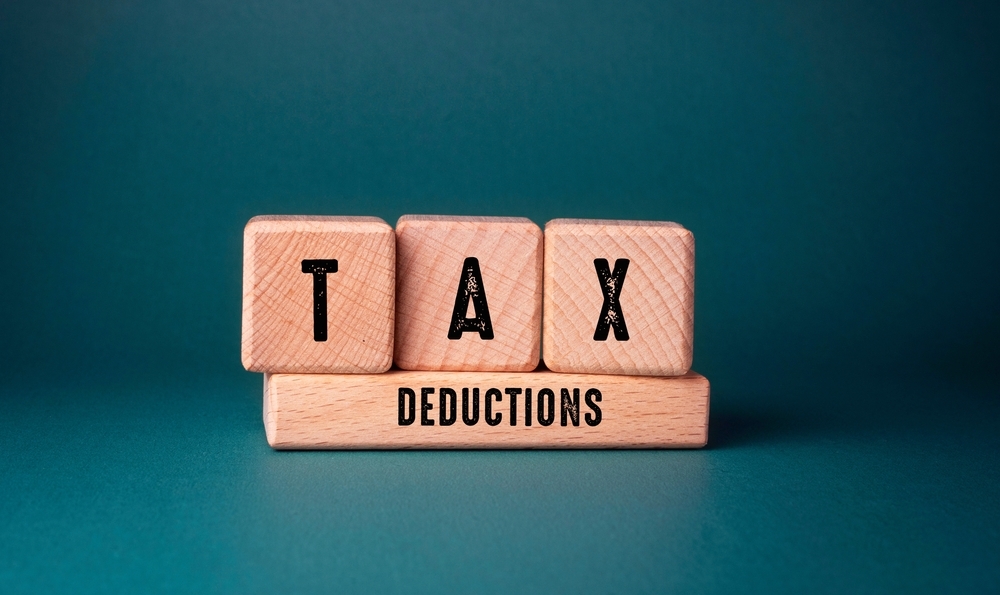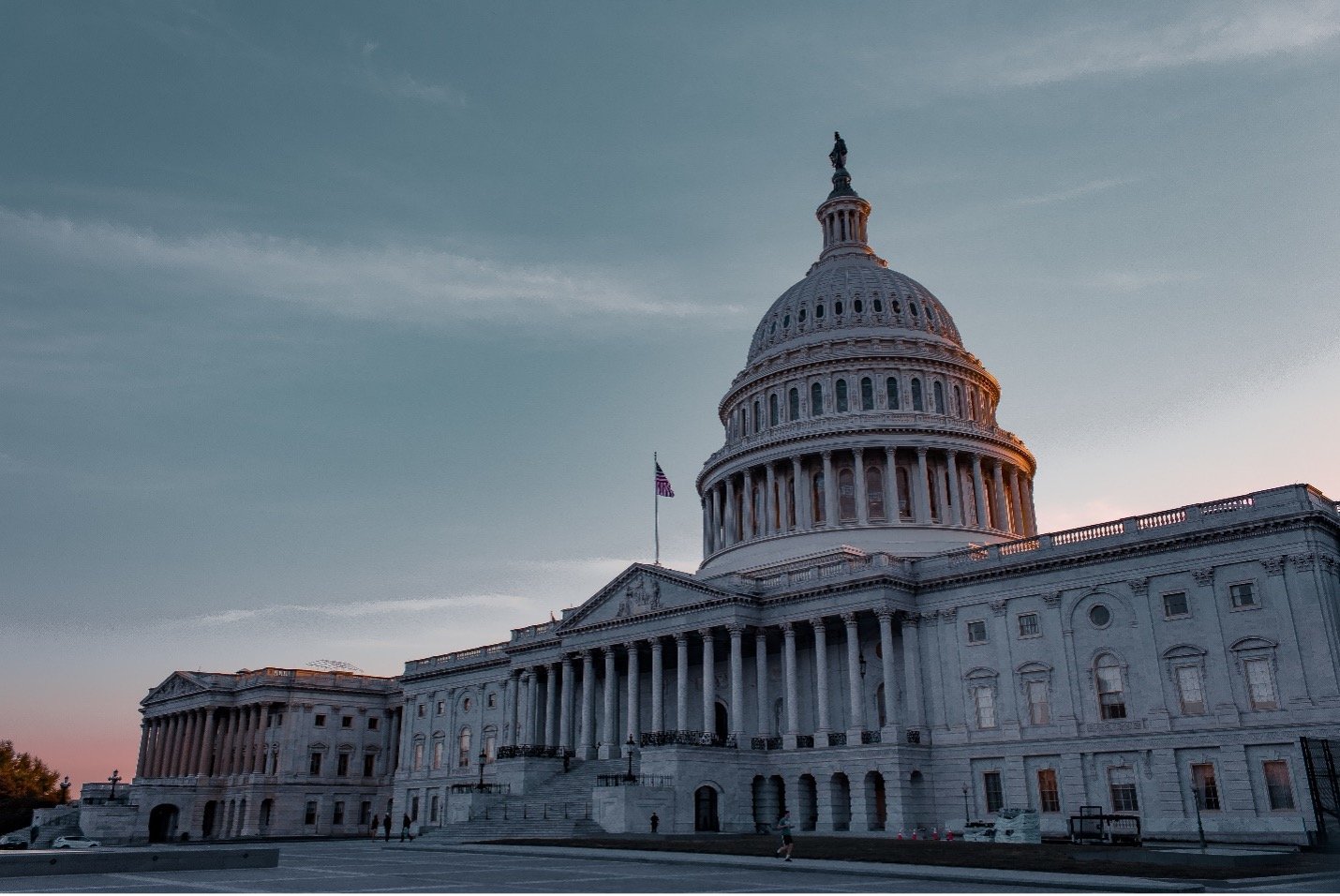How the One Big Beautiful Bill Act Reshapes Depreciation, QBI, and Corporate Tax Deductions

The One Big Beautiful Bill Act (OBBBA) delivers a suite of business tax updates aimed at improving cash flow and investment incentives. It permanently restores 100% bonus depreciation and doubles the Section 179 expensing limit to $2.5 million, allowing businesses to fully deduct qualifying asset purchases. Section 199A is preserved, continuing the 20% deduction for qualified business income from pass-through entities. The bill also enhances deductions for corporate charitable contributions and increases the interest expense limitation threshold, giving businesses more flexibility in financing and philanthropic planning. These updates provide long-term certainty for tax planning beginning in 2025.
Bonus Depreciation and Section 179: Expanded Opportunities for Asset Expensing
The OBBBA delivers major benefits for capital-intensive businesses by restoring and enhancing two powerful tax provisions: bonus depreciation and Section 179 expensing. These updates are designed to accelerate tax savings, improve cash flow, and incentivize investment in new equipment, technology, and infrastructure.
Bonus depreciation allows businesses to immediately deduct the full cost of qualified property in the year it is placed in service, rather than depreciating it over multiple years. Originally set at 100% under the TCJA, bonus depreciation had been gradually phasing down since 2023.
The OBBBA reverses this trend by permanently reinstating 100% bonus depreciation for qualified assets placed in service on or after January 19, 2025. This permanent change offers long-term planning certainty for businesses making significant investments in machinery, equipment, and other depreciable property.
Section 179 allows businesses to deduct the full purchase price of qualifying equipment and software purchased or financed during the tax year, subject to annual limits.
The OBBBA raises the Section 179 deduction limit from $1.25 million to $2.5 million and increases the phase-out threshold from $3.13 million to $4 million. This allows more businesses—especially midsize firms—to fully expense large purchases without being subject to the cap.
Together, these provisions create robust incentives for companies to invest in capital improvements and modernize their operations heading into 2025.
Business owners should review current asset strategies and acquisition plans to take full advantage of these deductions, particularly in light of year-end timing and eligibility rules.
Section 199A: QBI Deduction Permanently Extended with New Thresholds
One of the most impactful provisions for pass-through entities and sole proprietors, the Section 199A Qualified Business Income (QBI) Deduction, was originally set to sunset at the end of 2025. The OBBBA permanently extends the 20% QBI deduction, offering long-term certainty for small businesses, partnerships, S corporations, and certain trusts and estates.
This deduction allows eligible taxpayers to deduct up to 20% of qualified business income from their taxable income, subject to income limitations, wage thresholds, and specified service business exclusions.
- Permanent Extension: The 20% deduction is now a permanent feature of the tax code for qualifying taxpayers.
- Phase-in Thresholds Increased:
- For married filing jointly (MFJ) taxpayers, the income threshold for phase-in increases from $100,000 to $150,000.
- For individual filers, the threshold increases from $50,000 to $75,000.
- Minimum Deduction Introduced: A $400 minimum deduction is available for taxpayers with at least $1,000 of qualified business income, ensuring small business owners still benefit even with modest earnings.
These updates offer greater accessibility to the QBI deduction while helping smaller businesses maintain tax efficiency as they scale. Business owners should work with advisors to assess income levels, entity structure, and wage allocations to ensure they maximize this deduction moving forward.
Corporate Charitable Contributions: New Floor and Expanded Carryforwards
The OBBBA introduces modifications to the rules governing corporate charitable contributions, aimed at encouraging consistent giving by adding both a minimum floor and updated carryforward provisions.
Key Changes:
- Corporations may now only deduct charitable contributions if they exceed 1% of taxable income
- This newly established floor must be met to qualify for the deduction
- The existing 10% ceiling on deductible contributions remains in place
- Amounts over the 10% limit may continue to be carried forward for five years
- Amounts disallowed under the 1% floor may also be carried forward if the total contribution exceeds the 10% ceiling
These changes take effect for tax years beginning after December 31, 2025, and may require corporations to reevaluate how they structure their philanthropic efforts to preserve deductibility under the new threshold.
Interest Expense Limitation: EBITDA Standard Permanently Restored
The OBBBA provides a welcome change to businesses managing debt by permanently restoring the pre-2022 interest deduction limitation based on 30% of EBITDA (Earnings Before Interest, Taxes, Depreciation, and Amortization).
Background:
Under the TCJA, the interest deduction limitation was set at 30% of EBITDA through 2021. Beginning in 2022, the deduction limit became more restrictive based on 30% of EBIT (excluding depreciation and amortization). This change reduced the deductible portion of interest expense for many businesses, particularly those in capital-intensive industries.
What is changed:
- The EBITDA-based limitation is permanently reinstated, effective for tax years beginning after December 31, 2024
- Businesses may deduct interest expense up to 30% of adjusted taxable income before depreciation and amortization, increasing the available deduction compared to the EBIT standard
This revision provides greater flexibility for leveraged companies and improves the tax efficiency of debt-financed growth strategies.
Action Steps for Business Owners:
Analyze Capital Investments
- Reassess capital expenditure plans considering permanent 100% bonus depreciation and expanded Section 179 limits
- Align purchase timelines to benefit from full expensing starting in 2025
Maximize QBI Deduction
- Analyze projected income and wages for 2025 to ensure optimal use of the 20% QBI deduction
- Evaluate whether entity restructuring or compensation adjustments are needed based on new phase-in thresholds
Incorporate Into 2025 Tax Planning Now
- Integrate these changes into budget forecasts, hiring plans, and compensation strategies for 2025
- Consult with tax professionals to model outcomes under the new law and determine the best course of action
Summary
The One Big Beautiful Bill Act introduces major tax reforms that benefit businesses of all sizes. It permanently restores 100% bonus depreciation and significantly expands Section 179 limits, encouraging immediate investment in capital assets. The Section 199A QBI deduction is also made permanent, with higher phase-in thresholds and a new minimum deduction, providing long-term tax relief for pass-through entities and small business owners. Corporate charitable contributions face a new 1% income floor but gain expanded carryforward options. Additionally, the bill reinstates the more favorable EBITDA standard for interest expense limitations, enhancing deductibility for debt-heavy businesses. These changes create a more stable, investment-friendly tax environment for 2025 and beyond.
Today’s Thought Leader

About Carly Angel
Staff Consultant
Carly Angel is a Staff Consultant at Ryan & Wetmore, P.C., where she works with the assurance, tax, and consulting teams on a variety of client projects and initiatives. Known for her strategic and analytical mindset, she helps deliver high-quality solutions that address complex business challenges and support client objectives. Carly earned her Bachelor of Science in Project Management from Elon University.
Frequently Asked Questions
How does the One Big Beautiful Bill Act change bonus depreciation and Section 179 expensing?
The OBBBA permanently restores 100% bonus depreciation and doubles the Section 179 limit to $2.5 million, allowing immediate deductions for qualifying asset purchases.
Does the One Big Beautiful Bill Act make the QBI deduction permanent?
Yes. The OBBBA makes the 20% Qualified Business Income deduction permanent, raises phase-in thresholds, and adds a $400 minimum deduction for small earners.
What are the new rules for corporate charitable contribution deductions under the OBBBA?
Corporations can only deduct contributions exceeding 1% of taxable income, but the 10% cap and expanded carryforward rules remain in place.
How will the One Big Beautiful Bill Act affect the business interest expense limitation
The OBBBA reinstates the 30% EBITDA standard, increasing the allowable interest deduction compared to the EBIT-based limit.


